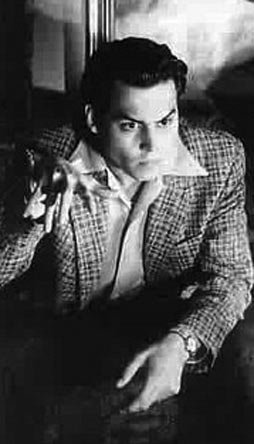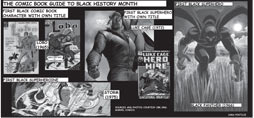By Michael Linden/reporter
“The glue that holds all relationships together, including the relationship between the leader and the led is trust, and trust is based on integrity.” – Brian Tracy
“Why do you want a relationship?” was the question presented Valentine’s Day by counselor Michael Eason inHealthy vs. Unhealthy Relationships on SE Campus.
Various answers from the audience included “to feel loved,” “to build memories” and “it’s an innate desire.”
“Some of the biggest challenges in relationships come from the fact that most people enter a relationship in order to get something,” Eason quoted motivational speaker Anthony Robbins.
“The only way a relationship will last is if you see your relationship as a place that you go to give,” he said.
Eason used a toy box analogy.
If everyone takes toys out and no one puts anything back in, the box gets emptied. Once empty, the relationship sours, and people leave to get a new fix, Eason said.
Approximately 60 students, including a psychology class learned how to develop meaningful relationships.
Eason explained what codependent and abusive relationships look like and how people need to evaluate their own relationship skills.
To help with the learning process, Eason distributed relationship pattern and codependency questionnaires that asked basic questions about the participants’ current and past relationships.
Eason encouraged people to get out if they find themselves in an abusive relationship.
“Drugs and alcohol are not an excuse,” he said.
Abuse is not always physical, Eason said. It can also be emotional.
Eason said some people use threats of suicide as a tactic to maintain control.
“Do not encourage suicide,” he said. “But also don’t give in or you will just enable it.”
Eason said self-image is primarily derived from the most important person in one’s life.
“Who is the most important person in your life? And what do they think about you?” he asked.
Love maps are what people subconsciously use to look for love, Eason said.
These maps are typically formed at a young age by parents.
Then as children grow up, without even knowing it, they look for someone who will help them recreate their own parents’ relationship.
For example, if someone grew up in a family with constant chaos, fighting and infidelity, that person might have a tendency to recreate that same environment in his or her relationships, Eason said.
Components of a healthy relationship include honesty, respect, trust and communication.
Communication is critical in any healthy relationship, Eason said.
“Go now and try to live healthy,” he said.
Cherise Whitney, a psychology student, said she picked up some good advice in the session.
“[I learned] just to keep doing what I’m doing,” she said. “Don’t settle for something that’s not good for you.”



























